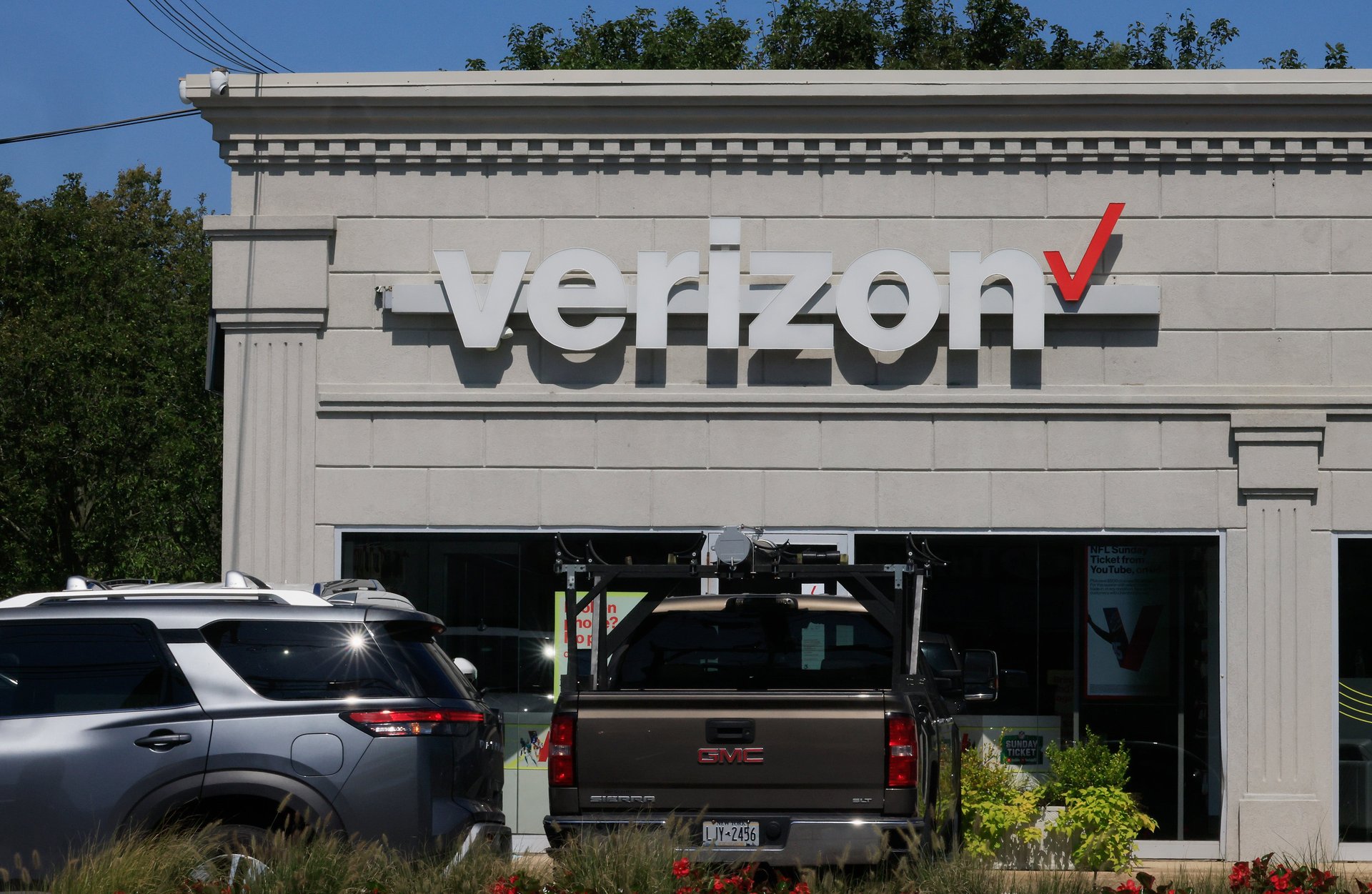Verizon will buy rival Frontier Communications for $20 billion to grow its fiber network
The deal will extend Verizon's network reach to 25 million locations across 32 states and territories

Verizon Communications (VZ) said Thursday that it plans to acquire Frontier Communications (FYBR) for $20 billion in cash, as the carrier looks to expand its network.
Suggested Reading
Verizon said it would buy Frontier for $38.50 per share in cash, a premium of 43.7% to Frontier’s closing price on Sept. 3, a day before reports broke that an acquisition may happen. As of its second quarter, Frontier had $11.25 billion in debt.
Related Content
Frontier stock soared 38% Wednesday after The Wall Street Journal reported that a deal was soon to close, before shedding more than 10% in after-hours trading. It’s now trading at under $35 per share, below Verizon’s offered price per share.
The acquisition is expected to close in about 18 months and will help Verizon compete against its biggest rival, AT&T. Frontier operates the U.S.’s “largest pure-play fiber internet” network, with 2.2 million fiber subscribers across 25 states, Verizon said. That will add onto Verizon’s 7.4 million Fios connections in nine states, and Washington, D.C, growing its footprint to reach 31 states.
“Connectivity is essential in nearly every part of our lives and work, and no one delivers better than Verizon,” Verizon CEO Hans Vestberg said in a statement. “Verizon offers more choice, flexibility and value, and we continuously look for ways to provide the best product and network experience to our customers as we bolster our position as the provider of choice.”
Verizon says the deal will generate at least $500 million in annual run-rate cost synergies. The New York-based firm also reaffirmed its full-year guidance, including wireless service revenue growth of 2% to 3.5%. It missed revenue expectations last quarter, which the company pointing to a decline in wireless equipment revenue.
Dallas, Texas-based Frontier filed for Chapter 11 bankruptcy in 2020, before reemerging the following year with a plan to expand its fiber connections to millions of new homes. Its biggest investors now include the private equity firms Ares Management and Cerberus Capital Management. Last October, activist-investor Jana Peters took a stake in the company and called for a sale, pushing the board to launch a strategic review some months later.
“I am confident that this delivers a significant and certain cash premium to Frontier’s shareholders, while creating exciting new opportunities for our employees and expanding access to reliable connectivity for more Americans,” Frontier CEO Nick Jeffery said in statement.
